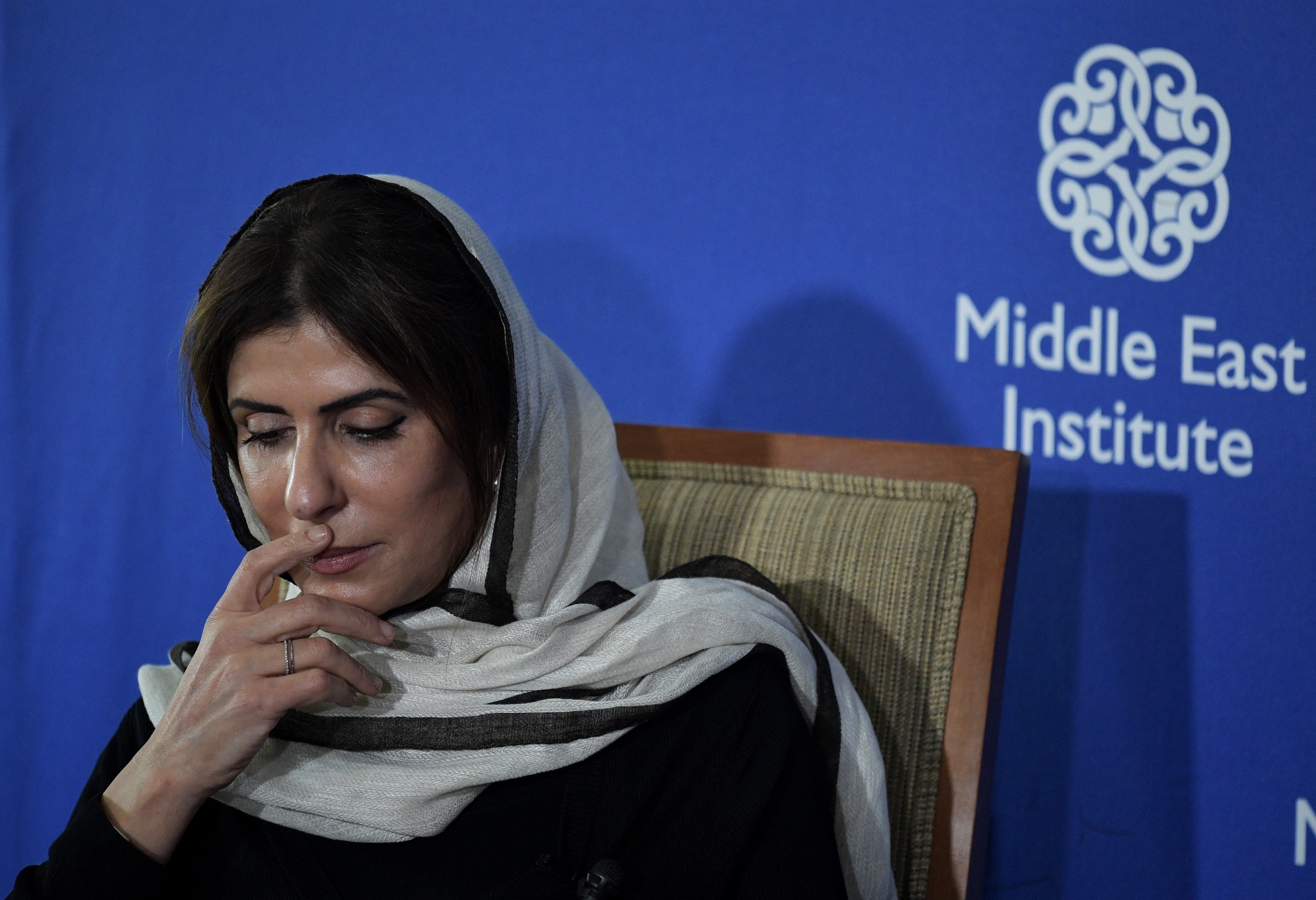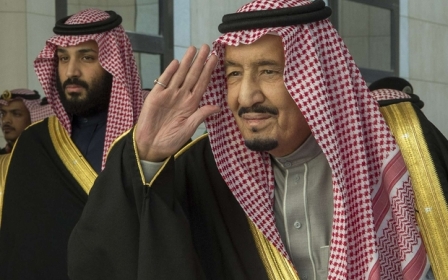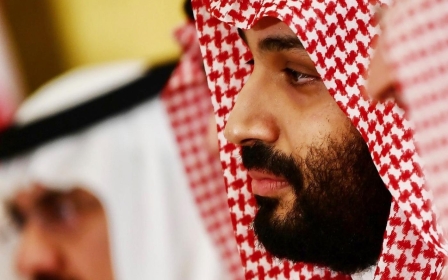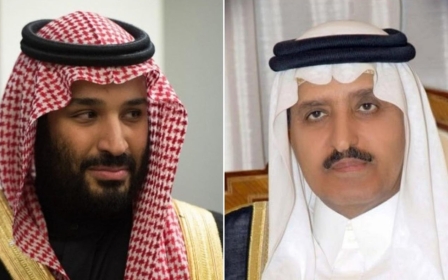Missing Saudi princess in plea for release to king and crown prince

A Saudi princess, who has been missing for over a year, has spoken out publicly for the first time, pleading with her uncle King Salman and her cousin Crown Prince Mohammed bin Salman to release her from prison.
In a statement on her verified Twitter account, Princess Basmah bint Saud bin Abdulaziz Al Saud said: “I am currently being arbitrarily held at Al-Ha'ir prison without criminal, or otherwise any charges against my person. My health is deteriorating to an extent that is serve [sic], and that could lead to my death.”
She claimed that she was abducted “without explanation” with one of her daughters, and has received no medical care or responses to letters she has written from within prison.
“I am beseeching my uncle, Custodian of the Two Holy Mosques, King Salman bin Abdulaziz Al Saud, and my cousin, Crown Prince Mohammed bin Salman, to review my case, and to release me as I have done no wrong. My current health status is VERY critical.”
She went on to tag a number of US politicians, including President Donald Trump and Speaker Nancy Pelosi, human rights organisations, including Amnesty and Human Rights Watch, and various media outlets and journalists.
The thread was retweeted from the princess's official media office account, from which a number of articles related to her arrest were also shared.
“The arrest of a Saudi princess should come as no surprise,” Rothna Begum, senior women’s rights researcher at Human Rights Watch, told Middle East Eye.
“Princess Basmah has been openly critical of the country’s women’s rights record in the past and her arrest shows that no woman, no matter her background, is untouchable if she is deemed to be a potential threat,” Begum said.
“Prominent women’s rights activists like Loujain al-Hathloul and Samar Badawi continue to be detained almost two years since their arrests, and other women remain on trial potentially at risk of being imprisoned once again.”
The 55-year-old princess is the youngest child of former King Saud bin Abdulaziz Al Saud, the second monarch of Saudi Arabia, and the granddaughter of King Abdulaziz bin Abdul Rahman, known as Ibn Saud, the founder of Saudi Arabia.
She has built a reputation as an outspoken member of the royal family. In an interview with The Independent in 2012, she criticised the religious police for enforcing segregation and producing "fanaticism", and spoke out against wealth inequality in the kingdom.
“I will never be quiet about what is happening on the ground. The unfairness of the distribution of wealth, about the power that has been unevenly given to people because they have complete obedience to those above them,” she said.
In January 2018, she called for an end to the Saudi military intervention in Yemen during an interview with BBC Arabic. She is not believed to have made any major media appearances since then.
A source close to Princess Basmah told German news outlet DW that she was detained in March last year on suspicion of trying to flee Saudi Arabia with one of her daughters.
Her lawyer Leonard Bennett said that despite receiving clearance to fly to Switzerland to receive urgent medical attention, the princess’s plane was grounded in Jeddah and she was not permitted to leave.
"She just fell off the radar; no one knew where she was. We actually feared the worst," Bennett said.
The princess’s plea comes just a month after Middle East Eye reported that at least 20 Saudi princes were arrested as part of a mass purge by Mohammed bin Salman.
Sources told MEE that the crackdown was part of the crown prince’s plan to become king before the G20 summit to be held in Riyadh in November.
This article is available in French on Middle East Eye French edition.
Middle East Eye propose une couverture et une analyse indépendantes et incomparables du Moyen-Orient, de l’Afrique du Nord et d’autres régions du monde. Pour en savoir plus sur la reprise de ce contenu et les frais qui s’appliquent, veuillez remplir ce formulaire [en anglais]. Pour en savoir plus sur MEE, cliquez ici [en anglais].




